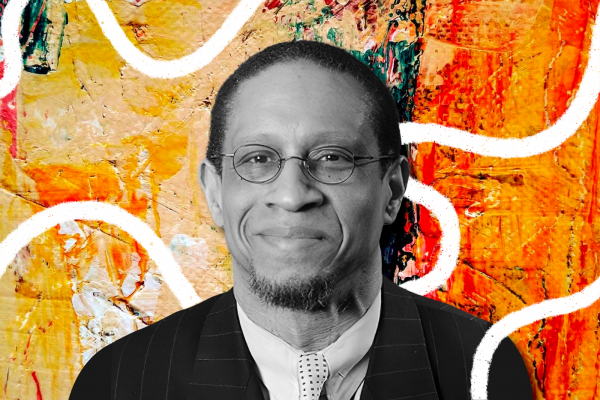Feb 15, 2022
With scholarly precision and an ability to engage beyond the tired critiques of right-wing Christianity, Hendricks imagines a version of Christianity that is politically committed to social justice. Whether it is through his experience growing up in the Black church, his commitment to the revolutionary nature of Jesus’ teachings, or his insistence that leftist politics and Christianity can inform one another, Hendricks demonstrates the beauty of the Christian faith.
Read the Full Article

Already a subscriber? Login
